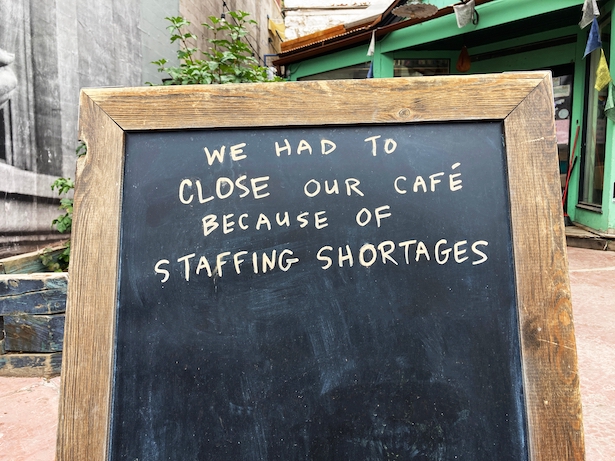
The latest nonprofit sector outrage surrounds Simon Sinek’s podcast interview with Scott Harrison.
Haven’t heard it yet? You can listen here.
Simon may be best known for his TED Talk on the concept of WHY, his books, and his video on millennials in the workplace.
Scott Harrison, of course, is the founder of Charity: Water, a nonprofit that has raised over $750 million to date in the fight for clean drinking water.
As nonprofits go, Charity: Water has it all. A founder story that’s hard to beat (Nightlife! Hot models! Cocaine! A health scare! It’s all in the podcast!), plenty of impact, stellar marketing, and a great brand.
Most importantly, they have a clear, compelling case for support.
We’re on a mission to bring clean water to the 703 million people living without it.
And to add even more power to their USP:
Charity: Water promises that “100% of your gift funds clean and safe drinking water.”
That statement, of course, is the kicker.
They can legitimately say that because, early on, Harrison made a pact with private donors to cover their operating costs.
Does Charity: Water have overhead? Of course, they do. Considerable overhead, including millions in salaries, benefits, and consulting fees.
But, if a charity doesn’t have private wealthy donors to pick up the overhead tab (and consider whether that is even something that your nonprofit wants), where else can it come from other than donations?
Smart, seamless marketing has turned Charity: Water into a massive, powerhouse nonprofit.
But, Simon Sinek apparently thinks that Harrison is a rare and precious jewel in our sector. After all, he had the money, the drugs, the women (wink, wink) before his “redemption.”
His implied take is that only losers go into nonprofit work.
And he goes on to make a statement about people’s perception of nonprofits that was not only dismissive, it was misinformed.
“So much of our money that we give to charity never makes it to the cause.” Said Sinek. “Too much goes to the overhead, disproportionately high.”
How much is too much? Is millions in private donations “too much?” Of course, Sinek provided no research whatsoever to back up his statement.
Truth? In actuality, many donors simply don’t care about overhead. Two-thirds do no research before giving (instead, they give to organizations they already know or that are recommended by friends and family).
The main groups calling out “overhead” are the charity watchdog groups (and maybe the media when they’re bored). And that’s because, even after all these years, charity watchdogs still haven’t figured out a way to measure the impact of your work. Which, in many cases, cannot be measured.
So they settled on overhead.
I still remember my ED coming to me, all up in arms, because a prospective donor had decided NOT to donate due to our Charity Navigator rating. You can read about it here.
Guess what?
In all my twenty-some years working in fundraising, that was the only time ever.
In our sector — heck in life — there may be a lot you can’t control.
But I’m going to make you a proposition.
You can always control this narrative. You can always be proactive, rather than reactive.
You can frame overhead.
Think about it. Our work comes down to three things.
1. Clarity over your mission. In other words, your case for support. In other words, why would I — indeed, why would any donor — give you money?
The simpler, the more basic you can get, the better (that’s why I often recommend the 6-Word-Story exercise).
2. Clarity about who your donor is. Why do they give? What’s their big WHY?
3. Lastly, clarity in your donor communications.
After all, how do you build a relationship without communication?
How are you regularly educating your donors on the importance of overhead?
I like this simple example from copywriter Aimee Vance. Check out the financials chart and make notes about how you can present the overhead question when you’re writing to your donors.
You’re doing the work that matters and you deserve a living wage. You deserve health care. You deserve good working conditions.
That’s overhead.
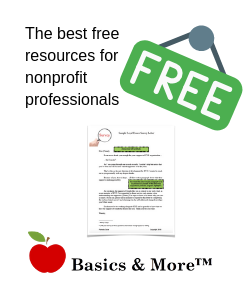
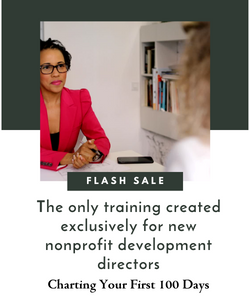
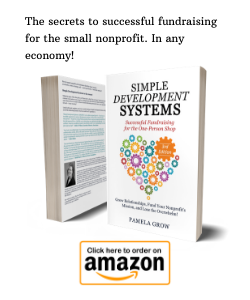
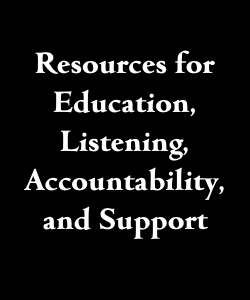








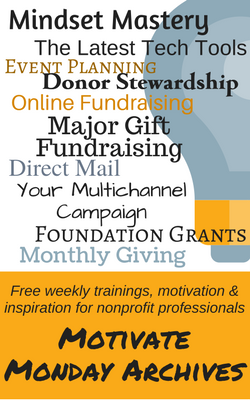

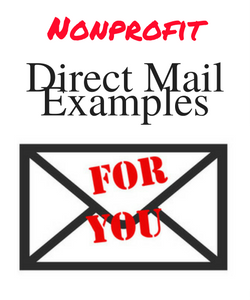
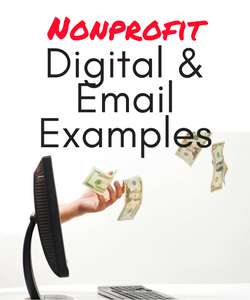

 I can’t wait to meet with you personally.
I can’t wait to meet with you personally.
Comments on this entry are closed.